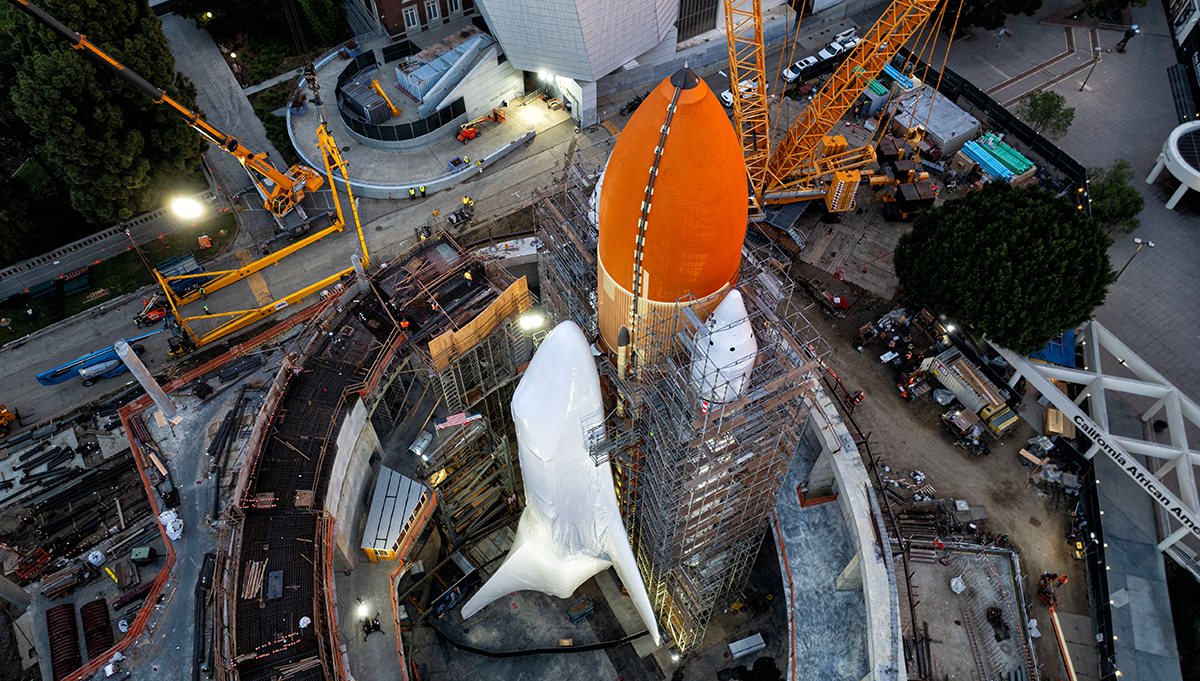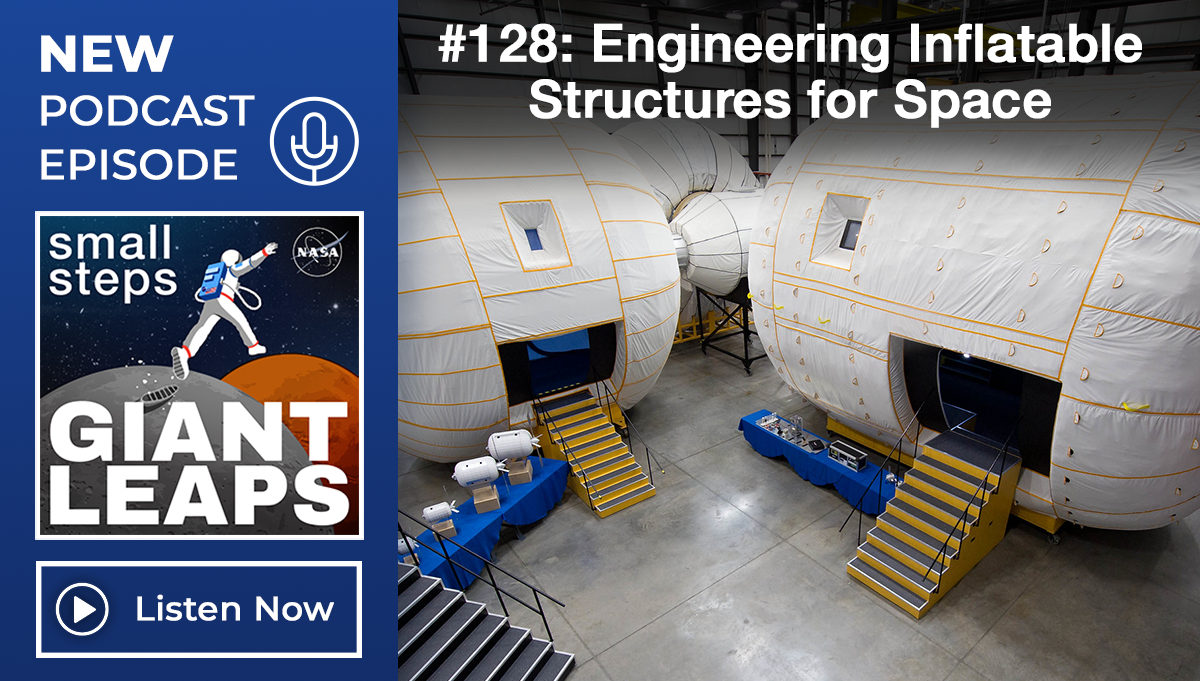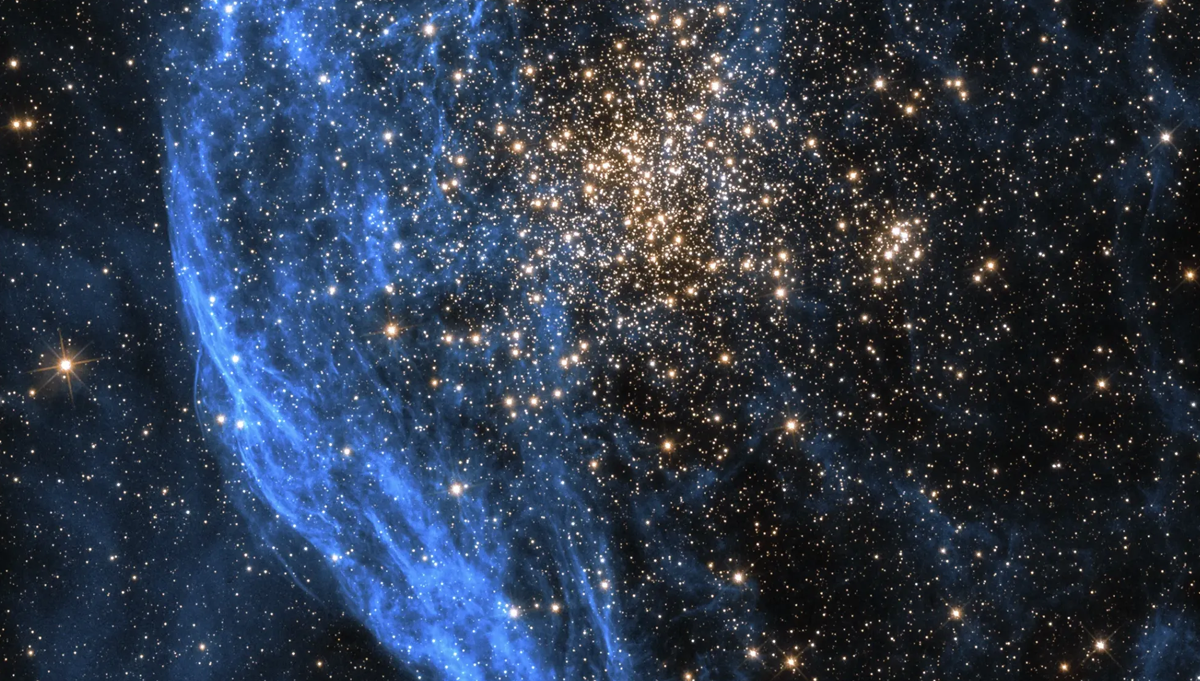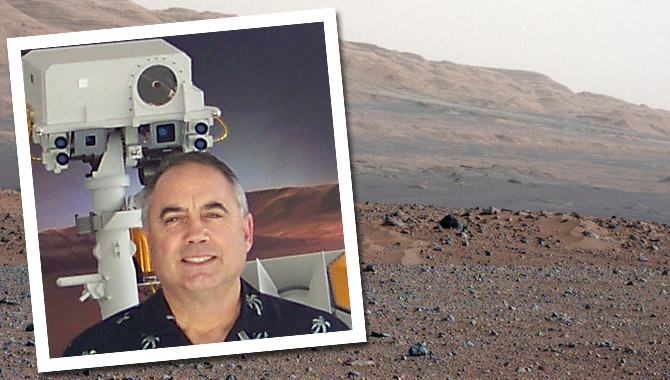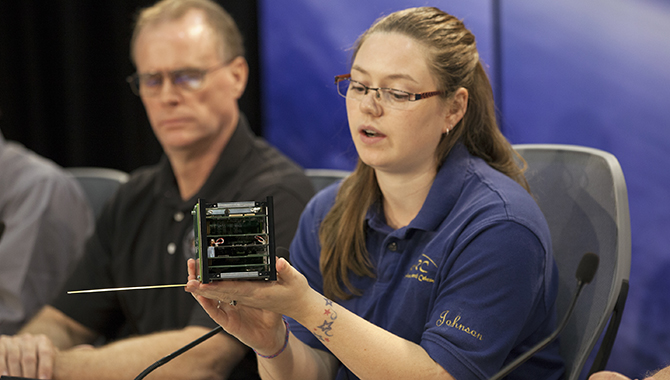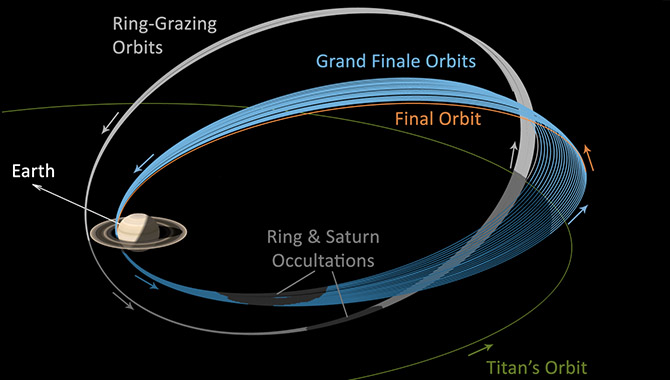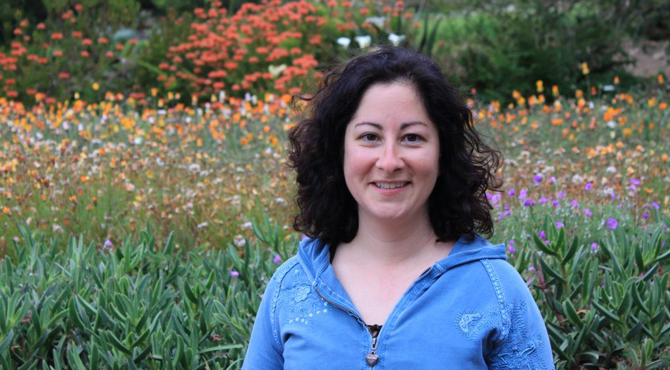
Daria Topousis discusses knowledge management on the NASA Engineering Network (NEN).
Daria Topousis works in the Application Development and Engineering Division of the Jet Propulsion Laboratory, where she is project manager of the NASA Engineering Network, a collaborative system that includes strategic communities of practice, federated search, NASA’s official lessons learned, expertise locators, and other resources for NASA engineers. She has 17 years of experience working on collaborative tools and information systems at JPL.
ASK News: What are some of the most prominent knowledge challenges in your organization?
Daria Topousis: When we first were setting up communities of practice on the NASA Engineering Network (NEN), we got resistance from people who were used to sharing things with their known networks, usually within their own center and often within just their project or line organization. It took a lot of coaxing and convincing to get people to share agency-wide. (We were not the only ones trying to change the culture.) These days the biggest challenges are helping people share what they are legally allowed to share. Many engineers worry, rightfully so, about sharing information restricted by the International Trafficking and Arms Regulations (ITAR). We find that engineers typically want to share and are eager to help each other, but tend to assume things are ITAR and consequently resist sharing them. Since most of the content on NEN is open to any user behind the NASA firewall, people are resistant to sharing anything that might be restricted. We are now working with the NASA’s Office of the Chief Information Officer to have an infrastructure that can house ITAR content, so that people can share more easily. Current plans are to have that in place next fiscal year.
ASK News: Are there any successful knowledge efforts in your organization that you’d like to highlight?
Topousis: One of our most successful knowledge efforts has been in the communities of practice. Our communities were set up by the Office of the Chief Engineer shortly after the Columbia accident as a way to encourage knowledge sharing across all centers. The communities are led by NASA Technical Fellows, who are passionate about their discipline stewardship role. Over the years we’ve seen project managers use the communities to staff review boards, the Office of Chief Technologist use members of the community to help with road mapping activities, and engineers use the online communities as a way to archive engineering content they want the agency to retain. A few years ago we launched an Ask an Expert capability that allows anyone at NASA to ask questions that vetted experts answer. The questions and any answers are stored online so that others can learn from the exchange. This has been a great way for younger engineers to get input from veterans.
We’ve also been successful with our federated search model. We currently index 3 million assets from over 30 databases at NASA and some external organizations like the Defense Acquisition University. Before our search was available, engineers had to know exactly where their content was located and go to that database. Now they can come to NEN, run their query, and find assets from many sources.
With all of our efforts we’ve found that personal relationships are critical. With federated search, it was important to sit down with each database owner and put together a service-level agreement that made them feel comfortable with us accessing their content and gave our users the right level of access to find the resources they needed.
Communities of practice are all about people, of course. Most of our success in the communities has been because of people interacting with each other, not because we have flashy and impressive technology. Our partnership with the NASA Technical Fellows and the NASA Engineering and Safety Center has led to great knowledge sharing initiatives, including live webcasts and providing users access to content they might not have known about otherwise.
ASK News: Are there knowledge management efforts — either within NASA or other organizations — that you find particularly remarkable or innovative?
Topousis: There are a couple of things going on that I think are innovative and interesting. One is the NASA Center of Excellence for Collaborative Engineering (CoECI), which has a few initiatives that implement crowdsourcing to enable innovation. They open up ideas to the public and to the general NASA workforce and encourage them to provide input. It’s an interesting model, and one that encourages people to participate by offering incentives.
The other area that I think is fascinating is knowledge sharing through data visualization. I was able to attend a summit Caltech and JPL hosted on in this topic, and was amazed by the possibilities of expressing data in a way that is easy to grasp at a glance while offering the ability to dive deeper and learn more. A couple of examples are the Wind Map of the continental U.S. which shows “the delicate tracery of wind flowing over the U.S.” and Dialect Survey Results, which show how things are pronounced in different parts of the country. These may not be directly applicable to NASA, but it is easy to see how data visualization could benefit engineers.
ASK News: What’s the biggest misunderstanding that people have about knowledge?
Topousis: One major misunderstanding I sometimes see is that the idea that in order to retain a person’s or organization’s reputation, knowledge must be hoarded. There are lots of reasons why people do this: some worry that by sharing their own processes others will do it better and make them obsolete; some worry that if they share something that is incorrect or misinterpreted that they will be blamed for errors and be ridiculed for their ignorance. The reality is that in an environment that requires partnerships and teaming to meet complex challenges like the ones we have at NASA, innovation only happens when people share what they know.


